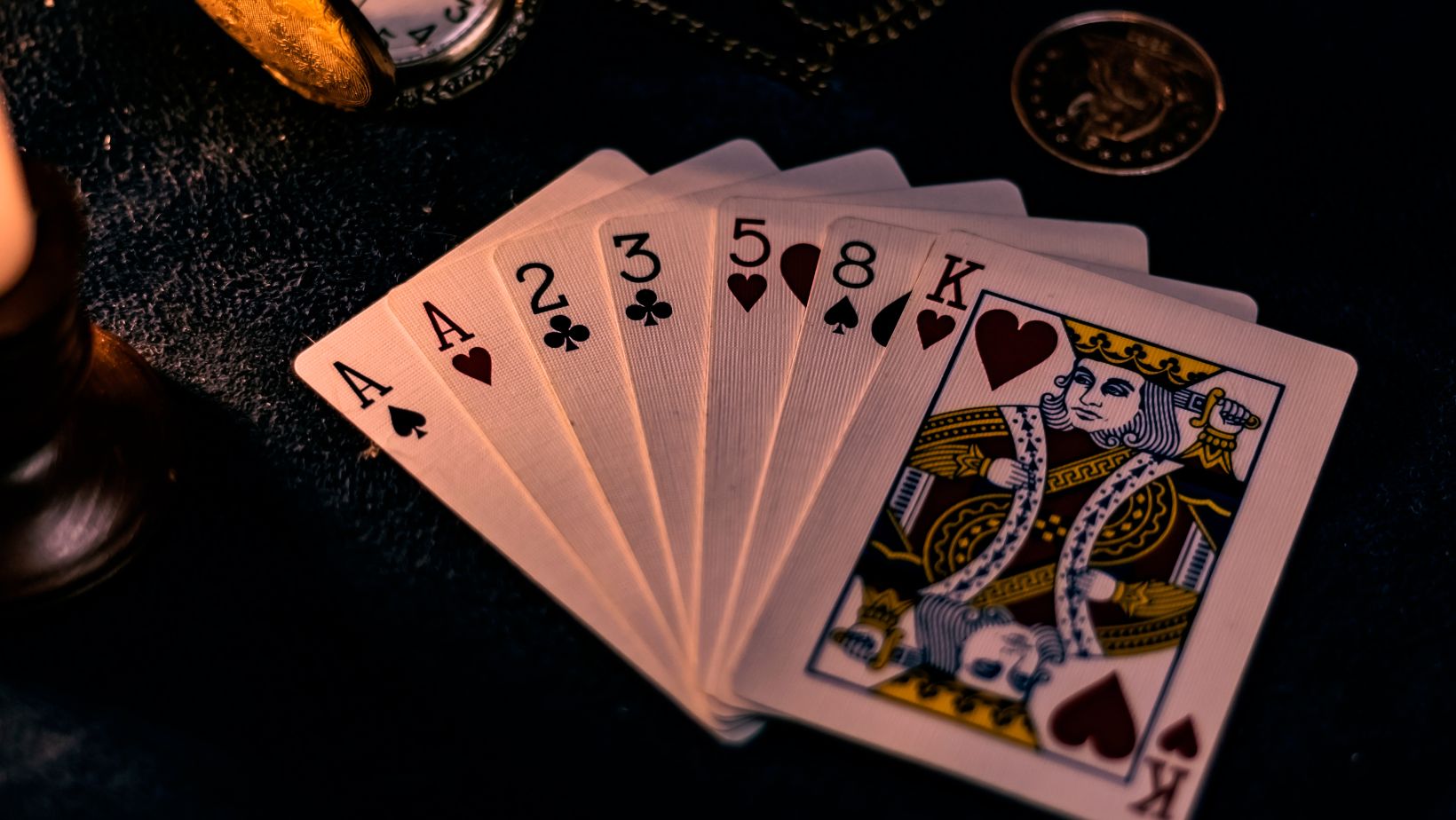Poker undoubtedly stands tall amongst the most popular card games in the world.
From being played in the Old West among the cowboys to online tournaments, it has come a long way. Today, poker is played casually between friends and at high-stakes tables with a million-dollar prize pool.
While its origins go back centuries, today it’s a competitive modern game. Let’s know the truth.
Is Poker Just Luck?
Luck plays a role. The cards you’re dealt can create an immediate advantage or disadvantage, which decides the outcome right away.
But not entirely. Whether you’ll be dealt a good pair of hands or not is luck, but how you play those hands is on you.
The outcome of this game also depends on the hands dealt, hands played, bet type, poker tells, and various strategies. So, luck tends to balance out. The more you play, the less luck matters, and the more skill takes over.
While luck can impact individual hands, consistent success in poker comes down to skill, strategy, and decision-making.
How Did Poker Become The Blueprint For Competitive Play?
Poker’s origins are blurry, like most classic games. No one knew it would become a global phenomenon, so early versions weren’t well-documented.
But it’s certainly a competitive game, shaped over time by different communities.
The earliest version of poker likely started in New Orleans between 1810 and 1825, played in French-speaking gambling saloons and on Mississippi riverboats. It was influenced by the French game Pique and the German game Poch. Both of these game versions centered around betting and bluffing.
As poker spread across the US, the game format changed a lot. In the 1830s, it shifted from a 20-card game to the 52-card format, adding new strategies like the flush and the draw.
By 1850, poker had become America’s go-to competitive card game, a test of risk-taking and strategic play.
The Mental Aspect of Poker
Poker isn’t just about cards but a test of mental stamina, emotional control, and strategy. Every hand is a puzzle with missing pieces.
You know your cards, but the rest is guesswork based on probability, reading opponents, and managing risk in real time.
Players think several steps ahead, anticipating moves and adjusting their strategy on the fly. Lose focus, and you’ll pay for it.
 Psychology is key at the poker table. Bluffing, spotting tells, and keeping your cool when the stakes rise are part of the game. Like athletes training for peak performance, serious players study patterns and master the math behind the odds to get a poker edge.
Psychology is key at the poker table. Bluffing, spotting tells, and keeping your cool when the stakes rise are part of the game. Like athletes training for peak performance, serious players study patterns and master the math behind the odds to get a poker edge.
The Rise of Competitive Poker
Competitive poker events didn’t take off until the World Series of Poker (WSOP) debuted in 1970. But the roots go back further. For poker pros, this isn’t just a mere hobby but a career built on skill, strategy, and relentless preparation.
In 1949, Las Vegas casino owner and gambling legend Benny Binion set up a public high-stakes poker showdown between two of the game’s top players. Crowds packed in to watch.
Wanting to recreate that excitement, Binion launched the first WSOP in 1970 with a small group of players. The event became an annual tradition and has grown into the most famous poker tournament in the world.
Today, many more tournaments take place globally, like EPT (European Poker Tour) and WPT (World Poker Tour). Poker is now a global competition with millions at stake. This feels more like professional sports than a casual game night.
The Arrival of Online Poker
In online casino platforms, you compete with worldwide players. These games are available 24/7, so you can participate anytime, anywhere.
These online games even attract top talent and rising stars, all chasing the spotlight. Biggest reasons online casinos have exploded in popularity? Variety. Unlike traditional casinos that are limited by space, real money online casinos offer a massive lineup of poker games. All just a click away!
Whether you love the classic poker game or something unique, you’ll find everything under one roof. You can even join live poker tables with real dealers and players on these online casinos whenever you want.
FAQs
- Is poker a game of chance or a game of skill?
Poker is both, but skill dominates in the long run. Chance plays a role in the cards you’re dealt, especially in a single hand or short session. But over time, it’s strategy, discipline, and psychological insight that matter.
- Was poker illegal in the 1920s?
In the 1920s, poker existed in a legal gray area. Gambling laws varied widely across the US, especially playing poker for money was totally illegal.
- Is poker a high-IQ game?
After assessing the experiment results, scientists concluded that having a high IQ has little to no impact on poker performance.
- What is the theory behind poker?
Poker pro David Sklansky put it simply – If you play like you can see your opponents’ cards, you win. And if they don’t play like they can see yours, you win again.
Final Thoughts
For decades, poker was seen as little more than a game of chance. But as the classic card game spread worldwide, that opinion started to shift. Now it isn’t just about the cards but managing risk, predictive analysis, and staying cool under pressure.
Some call it a mind sport, and they’re not wrong. The game demands strategy, discipline, and mental stamina on par with any traditional competition.
Labels aside, poker stands apart because it was one of the first games to combine luck, skill, and psychological warfare. That’s what makes it the original competitive game!

